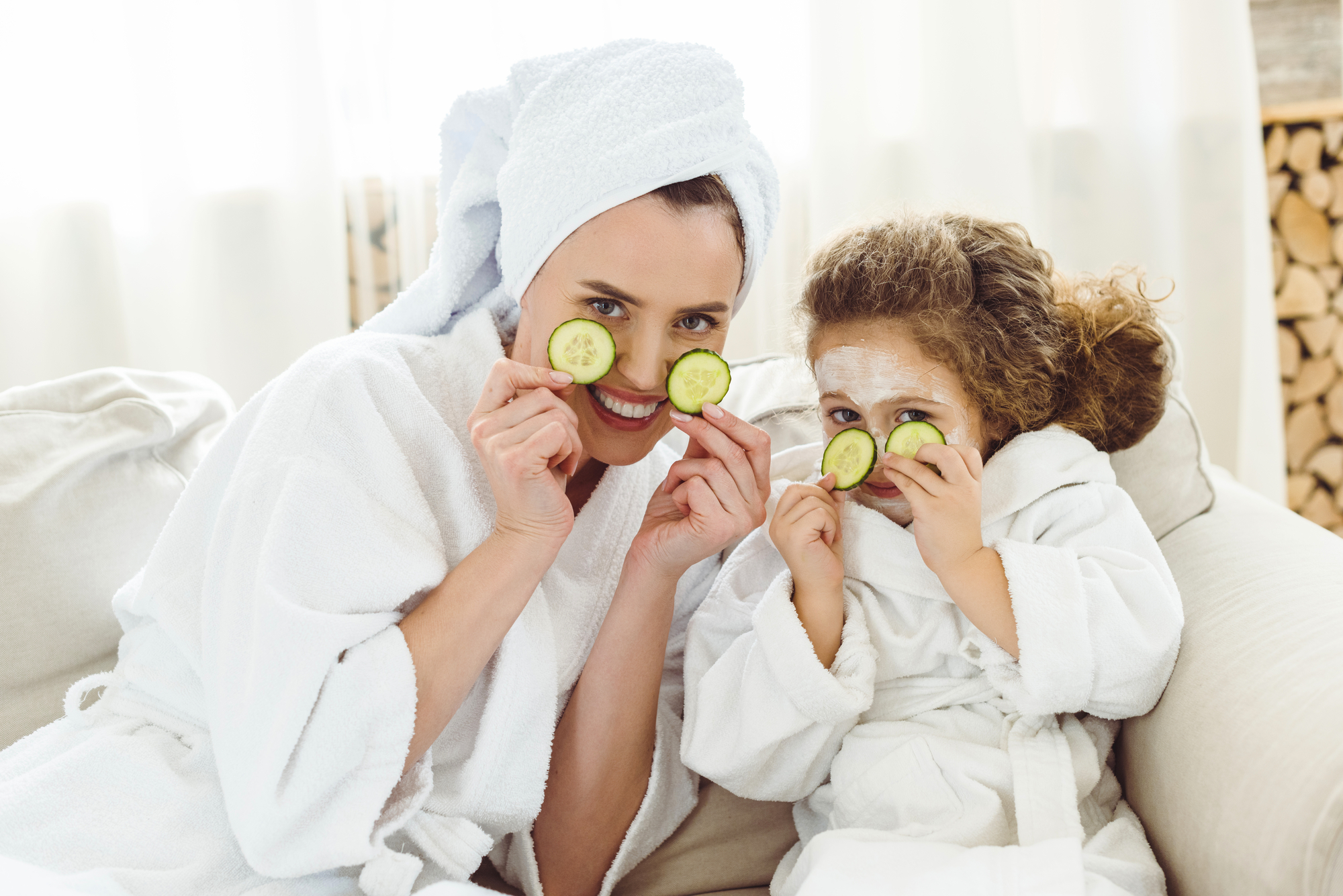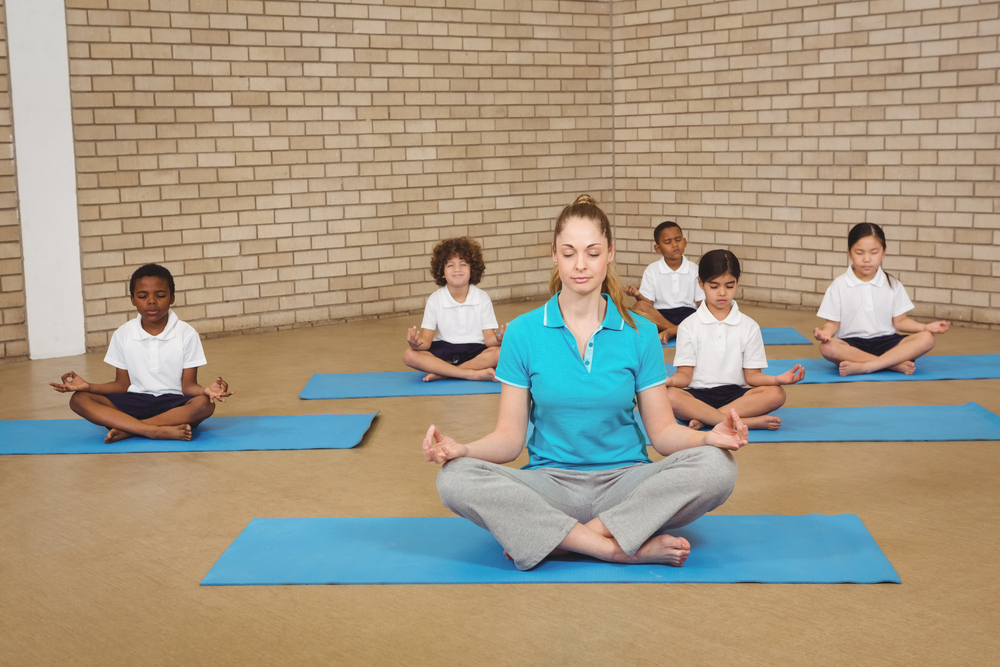It was recently reported that 66% of working parents felt parental burnout — to feel so drained and exhausted by taking care of your children that you feel there is nothing more you can give.
But it is not just working parents who can feel parental burnout. Stay-at-home moms and dads may also feel at a loss of energy from constant parenting and taking care of a dependent. This is why it is important for parents to practice self-care. When you take good care of yourself, you can be a better giver to others.
Why should you practice self-care as a parent?
Practising self-care for parents has many benefits. This is what you stand to gain by taking care of yourself.
-
It helps you replenish your energy
It’s no news that parenting is not an easy job. In fact, it takes up the majority of your time and energy, which means it’s not uncommon for parents to feel worn out all the time. Taking care of yourself will make you feel reinvigorated and give you the energy to perform your roles better.
-
It allows you to meet your needs
When you are responsible for someone, it is quite natural to put their needs above yours. At times, you may even completely disregard your wants while taking care of others.
But you should understand that this is not good, neither for you nor your dependents. Not only will it leave you thoroughly spent, but also build an irrevocable sense of resentment for your life. Read up more about meeting your needs here.
-
You set a good example
By looking after yourself and your needs, you set up a good example for your children. They will know what a healthy individual looks like, and what are the habits and actions that lead to a wholesome life.
More importantly, taking care of yourself will give you a chance to teach your children how to set boundaries, which is an important life skill. Here’s how you can set healthy boundaries with your children.
-
Your mental health remains intact
Chronic fatigue can be the precursor to several mental illnesses such as depression, anxiety, and eating disorders. Self care and mental health are closely tied together, so taking care of yourself automatically ensures that your mental health remains intact.
-
You develop more empathy for yourself and for others
When you practice self-care, you begin to recognize yourself as a person; someone who has needs and wants, someone who may falter at times, and someone who deserves kindness.
Once you are empathetic towards yourself, you extend the same to others too. This results in balanced and healthy relationships, and positions you as an overall likeable person in life.
How can you practice self-care as a parent?
-
Develop a healthy routine
Establishing a healthy routine is vital for practising self-care as a parent. Getting tasks done on time and in a predictable order will keep things under control and help you stay organised. As a result, you’ll experience reduced stress levels, have a better mental state, and get time to relax. Follow this link to learn how to plan your week easily.
-
Take care of your appearance
Parents tend to centre their lives around their children so much that they often begin to neglect their appearances. But keeping yourself in tip-shop shape is another vital aspect of practising self-care as a parent. Here are a few things you can do to amp up your looks:
Hair styling
You can give yourself a fresh look with a new haircut or get your hair dyed. Don’t be afraid to try out new and different colours. Fancy bubblegum pink? Don’t let anyone stop you from getting it!
Aesthetic procedures
Treatments such as hydra facial, microdermabrasion, and peeling can rejuvenate your skin. Many experienced dermatologists can provide a range of treatments that will significantly improve the appearance of your skin.
Dermal fillers
If you want to go one step further, VCI recommends you can get dermal fillers. They are a type of cosmetic gel that is injected under your skin. It gives you a smoother and fuller appearance.
-
Don’t go at it alone
Not doing all of your children’s chores yourself does not make you a bad parent. Let go of the idea that you need to do everything yourself in order to be a good parent. On days you don’t feel up to it, call the babysitter. Or if your child’s grandpa or aunt is around to help, let them.
-
Don’t isolate yourself
Becoming a parent does not mean you give up your social life (moms, I’m looking at you). Divide the time equally between both partners, and make sure both of you get ample time socialising or hanging out with friends. A weekly night out with friends can go a long way in keeping your mental health optimum and stress levels down.
-
Set goals
Set personal and professional goals, as well as goals for your family. It is especially important for women to have professional goals. 43% of highly qualified women are reported to have left their jobs once they enter motherhood.
It is okay if this is a conscious choice, but you need to step back and regroup if it isn’t. This is important because despite transitioning into parenthood, it is essential for parents to keep their own identities intact.
-
Get enough sleep
Last but not the least, make sure you aren’t running on an empty tank. Get enough sleep so that you are well-rested and recharged to face the day!









